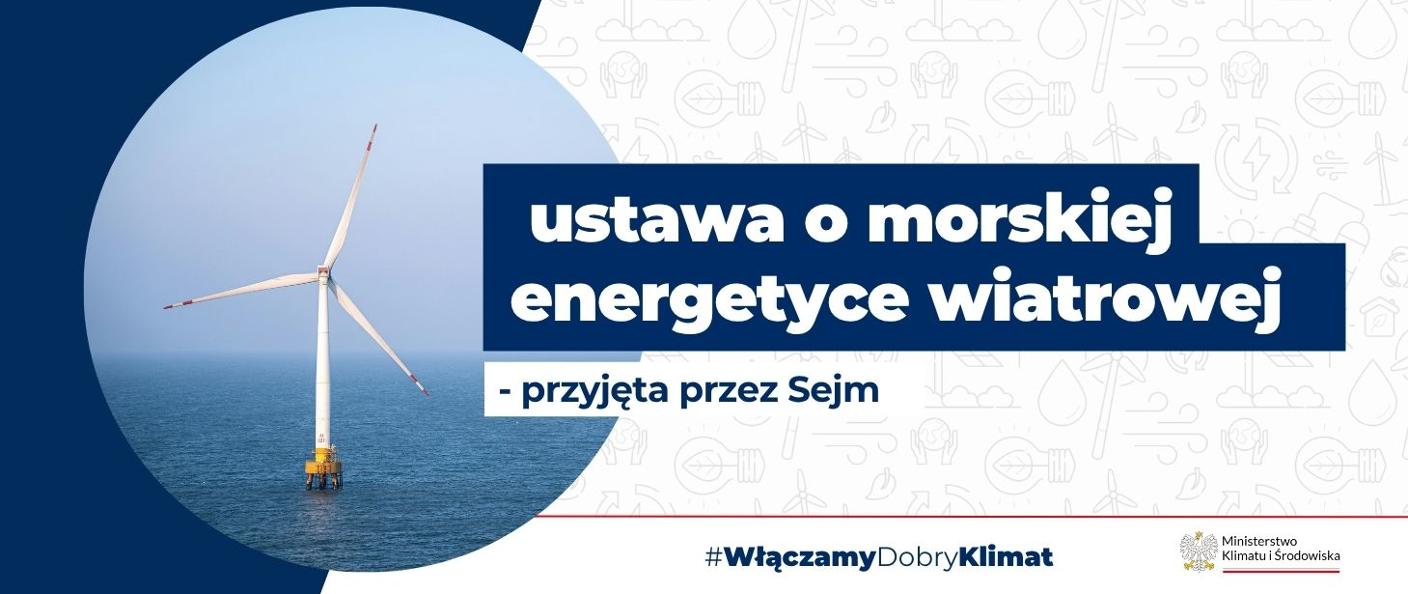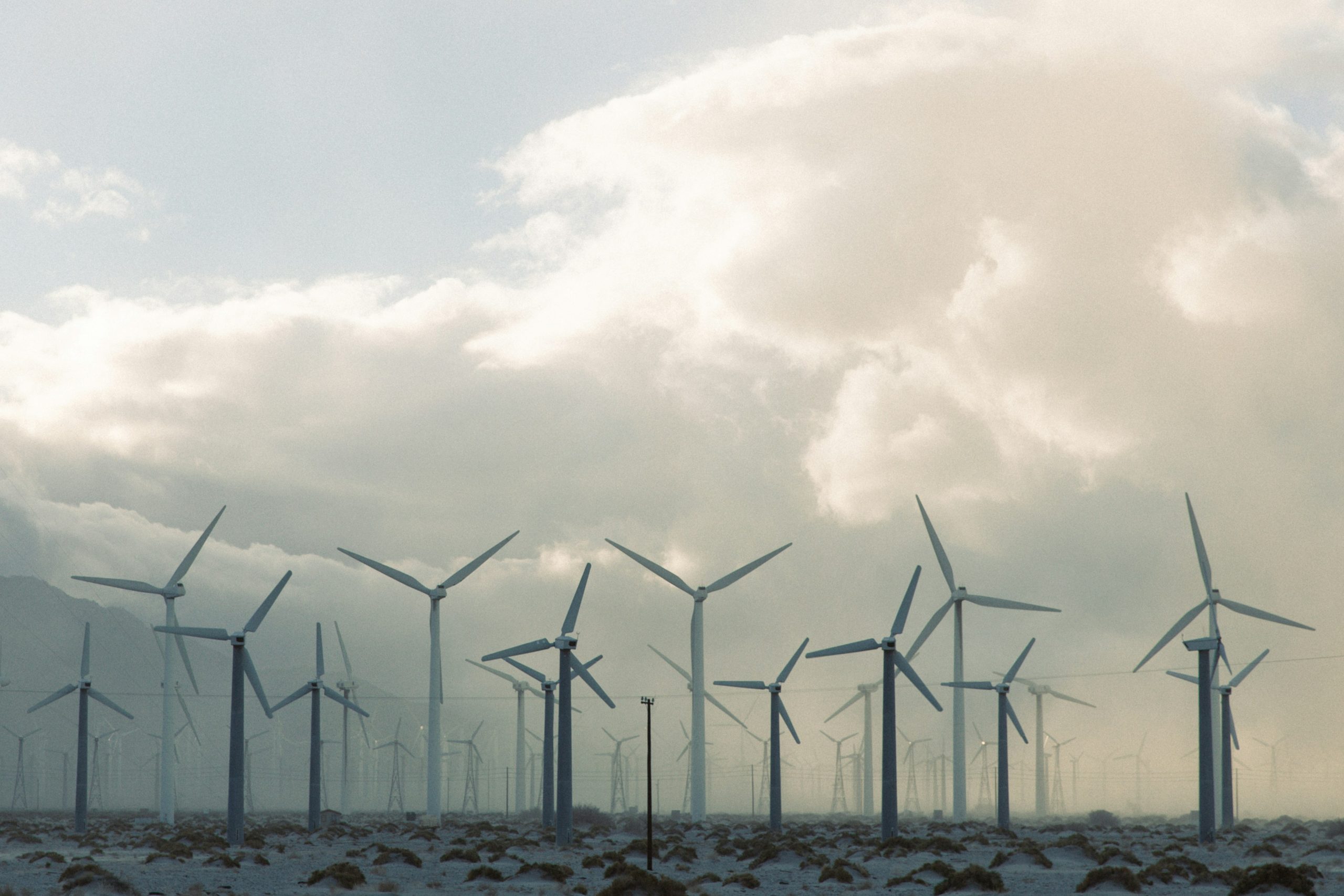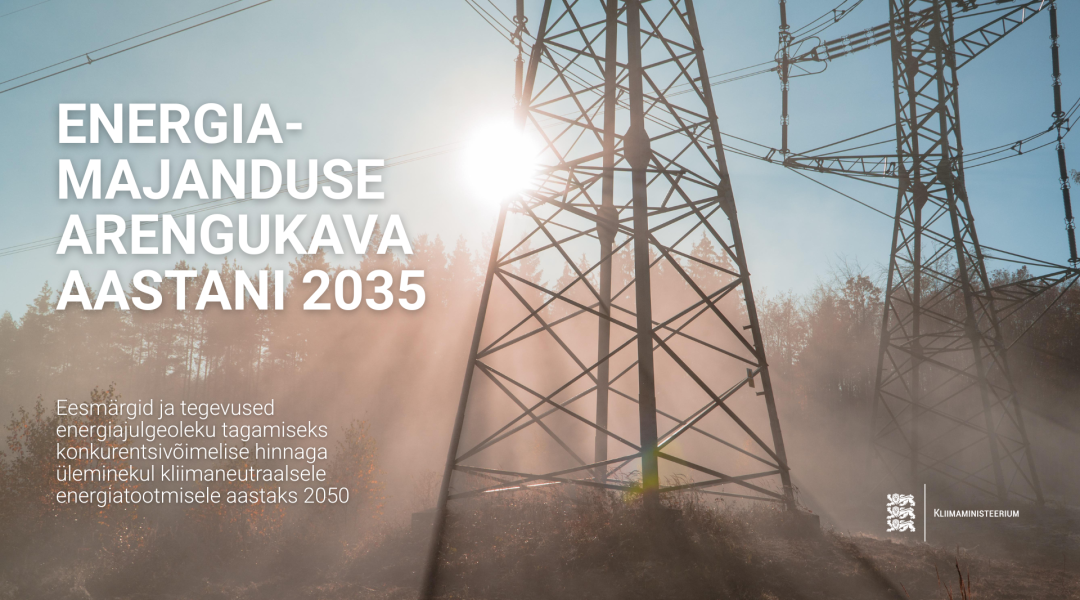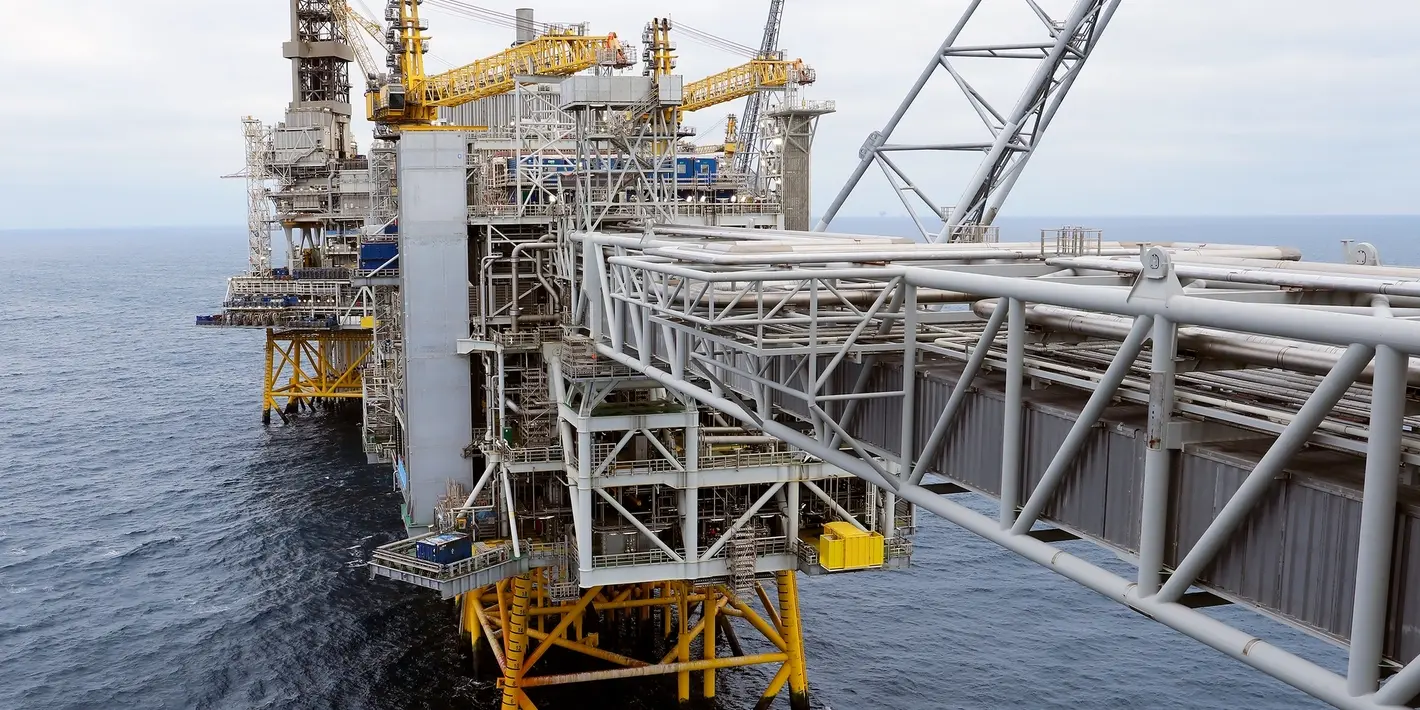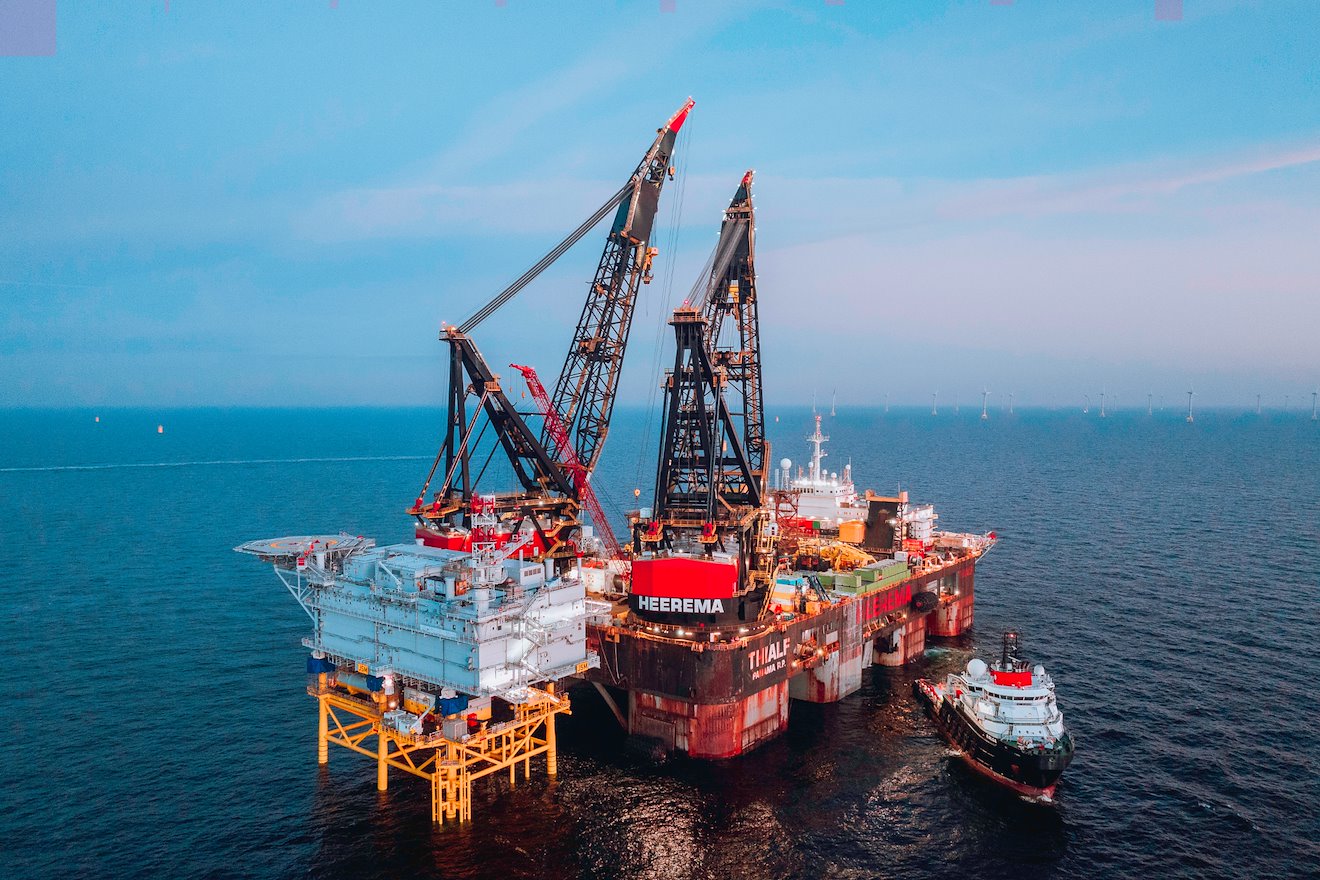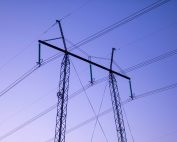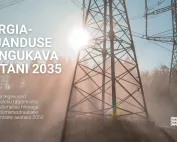The Polish Sejm (lower house of parliament) passed a bill prepared by the Ministry of Climate and Environment supporting the development of offshore wind energy by a large majority. The new regulations remove investment barriers and contribute to increasing energy security by supporting the development of renewable energy sources in Poland.
Key information
On 9 October 2025, the Sejm passed a bill amending the Act on the promotion of electricity generation in offshore wind farms and certain other acts.
Offshore wind energy is a key element of the energy transition.
The new regulations will facilitate the construction of wind farms in the Baltic Sea and support the development of other renewable energy sources.
The Act also introduces a legal basis for the publication of digital maps of renewable energy potential, which will indicate the most valuable areas for locating a given type of renewable energy installation.
Development of the domestic offshore wind sector
The Offshore Act aims to remove investment barriers and protect consumers and the economy from uncontrolled energy price increases. It also aims to increase energy security by reducing dependence on raw material imports and focusing on the development of Polish offshore wind energy. The Act will facilitate the development of renewable energy sources – says Minister of Climate and Environment Paulina Hennig-Kloska.
The introduction of the Act will allow for more efficient implementation of offshore wind farm projects, as well as the effective conduct of the first auction for this type of investment. The Act clarifies regulations and removes legal loopholes, creating a solid foundation for a successful auction and the further development of renewable energy sources in Poland.
The act will also enable, among other things:
- the operation of energy cooperatives in urban municipalities,
- support for the development of tenant prosumers by removing the requirement to locate installations on buildings, enabling the use of areas that are naturally suitable for the installation of renewable energy sources, e.g. garage roofs and carports,
- facilitate the conclusion of energy purchase agreements by local government units within the framework of an energy cluster,
- meet the criteria for sustainable development and the criteria for reducing greenhouse gas emissions from biomass fuels.
The Act also introduces, among other things, a legal basis for the publication of digital maps of RES potential, which will indicate the most valuable areas for locating a given type of RES installation. Ultimately, they will also allow local authorities, in consultation with local communities, to create Areas of Accelerated RES Development.
Offshore wind energy is one of the pillars of Poland’s energy transition. Thanks to stable conditions in the Baltic Sea, such as relatively stable and strong winds, relatively shallow depths, low salinity, relatively small waves and weak sea currents, Poland has unique opportunities to develop this sector. The plan is to achieve an installed capacity of 5.9 GW by 2030 and approximately 18 GW by 2040. This volume is included in the draft National Energy and Climate Plan for 2030.
Source: gov.pl
